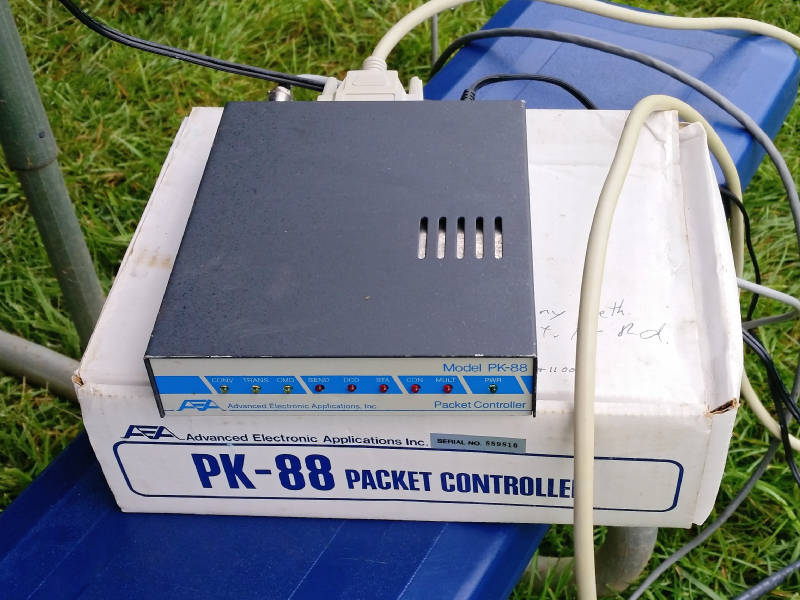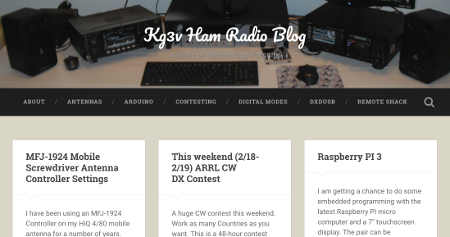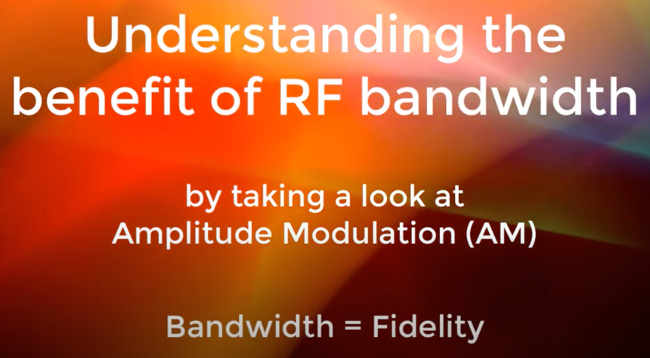Great question.
Amateur Radio is still relevant
In a world full of cell phones and FRS/GMRS radios and the Internet, amateur radio’s role in society has changed. Amateur Radio still provides a fun, challenging and rewarding experience including:
- Mobile two-way communications via well situated VHF FM Repeaters around the country – This is not a substitute for cell phones of course, but still provides a party line style of communications that still has a place in modern society.
- Worldwide Shortwave Communications via the HF Bands – Not a substitute for the Internet, but still a fun and practical way to contact someone around the world with just a radio, an antenna and no additional infrastructure.
- Digital Communications – The PC with sound-card has revolutionized methods for sending digital data over the ham bands. Many applications relay messages much like cell phone texting.
- Morse Code, but only if you want – Morse code is no longer a requirement for testing and some are saddened by this change. However, this has elevated morse code from a must-do task to a voluntary and skillful art-form. Don’t let the code hold you back from getting your license. You can ignore it or learn it at your own pace. Shhh, I’ll tell you a secret… Some of us use our sound-cards to decode morse ; )
- Confidence – Being a ham means you have more communications options to help yourself, your family and others in need. In the very rare chance infrastructure fails, you have one more trick up your sleeve. As unlikely as this is, additional peace of mind is nice.
- Public Service – Occasionally hams receive requests to help provide communications for various events. In the 21st century, these needs can often be met with other means. For the times where the unique qualities of ham radio equipment and operating techniques are helpful, local radio clubs often can muster volunteers from their ranks to help.
- Emergency Communications (EMCOMM) – While quite rare, amateur radio does occasionally provide a measurable benefit to society via simply having the radio gear and the knowledge to use it when trouble arises. If a more organized emergency team is your goal, several organizations (like SATERN, ARES, etc.) exist to help. However, the biggest public service any practicing ham can provide is simply having the “ham option” available when confronted with an unfortunate situation.
- Personal EMCOMM – Keeping in mind all the benefits listed above, how about becoming an amateur radio operator to save yourself? That’s exactly what one member of my club did when he used a sophisticated relay system built into his mobile VHF/UHF radio to call for help after suffering a serious injury well outside his cell phone’s coverage area. Read about Steve’s superb use of Amateur Radio here. Amateur Radio might save your own hide… just sayin’.
EMComm and being prepared are important, but is it fun?
You may be thinking this is all well and good, but wonder how amateur radio competes with other forms of entertainment in the 21st century. The answer may be with something known as “Radio Sport” or “Contesting.”
Contesting:
Contesting involves many operators participating in an organized on the air event where each station makes contact with as many others as possible despite the challenges presented by mother nature on the radio signals.
Scoring often multiplies your contact points with another number (states, counties or other geographic areas, etc. contacted). This secondary metric is most often called “mults” and, depending on the contest, leads towards interesting and challenging planning before and execution during the contest.
Whether operating from the comfort of your home “ham shack,” a remote camp ground or “roving” in your car, contesting combines construction, electronic, electrical, scientific, endurance and everyday skills plus operating into one focused goal of attaining the highest possible score.
The competitive spirit in contesting provides hours of fun for many operators with rewards for skill.
Don’t have a license yet?
Self study is a practical approach using the materials available from the ARRL. Visit…
…for more ideas on how you can become an amateur radio operator.
Not interested in Amateur Radio? That’s fine. Amateur Radio, like many activities, is not for everyone. Just be sure you know what Amateur Radio is and isn’t before writing it off.
Even if you never desire to become an Amateur Radio Operator, please take some time to understand who we are. Like any group of people, we have our decent, positive folks along with the freaks and lunatic fringe. Luckily some of the later moved to the anonymous world of the Internet when it became mainstream in the 1990s, but some are still around. Anyway, there are many different folks in Amateur Radio and I hope you will not judge us, positively or negatively, by the one or few hams you encounter.




